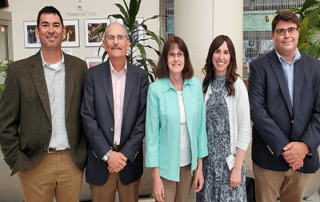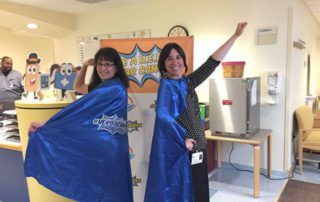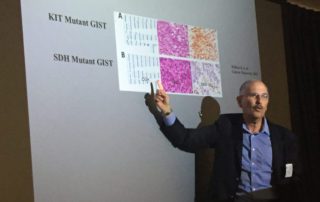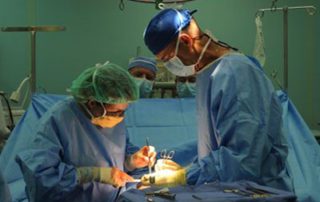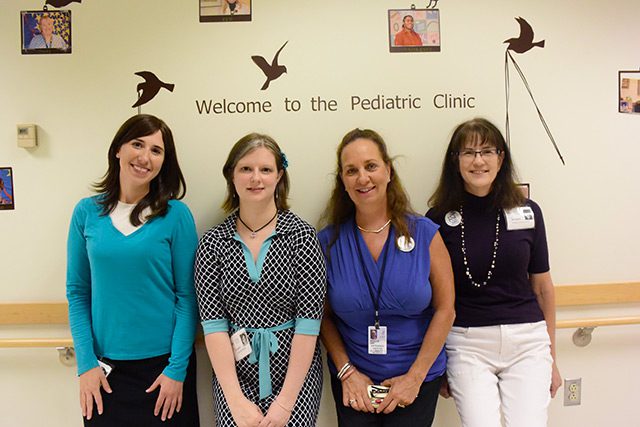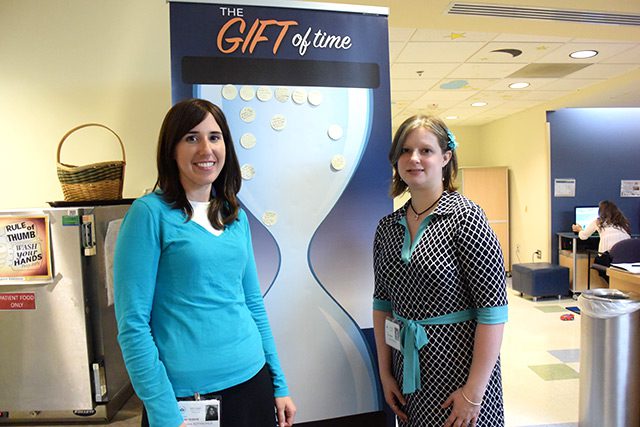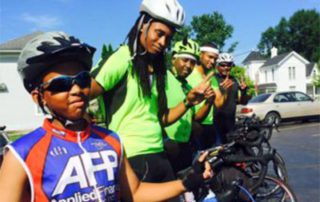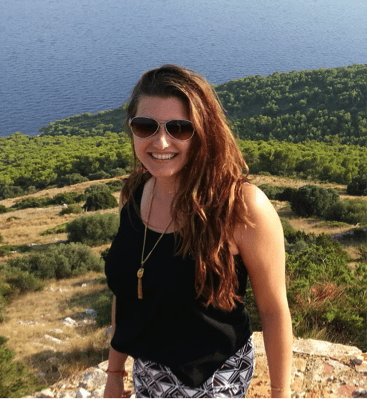News from the 17th NIH Pediatric and Wildtype GIST Clinic
The NIH Pediatric and Wildtype GIST Clinic is a collaboration amongst researchers, specialists, patient advocates, patients and family members, with the goal of furthering the knowledge of SDH-deficient gastrointestinal stromal tumors (GIST) in order to develop more effective therapies.

